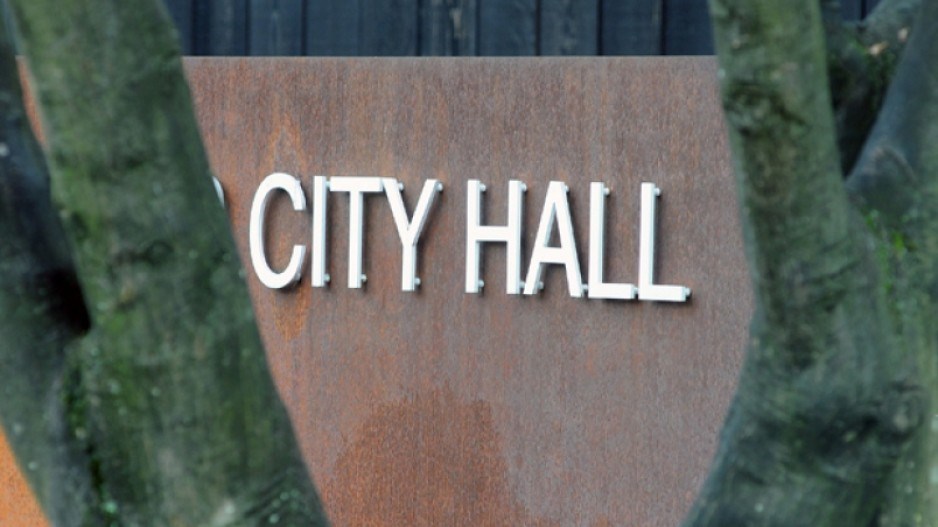More than seven years have passed since British Columbia’s provincial health officer declared a public health emergency in response to an “ongoing, escalating crisis of illegal-drug-related overdose deaths.”
Last month, Research Co. and Glacier Media released the findings of a provincewide survey on the use of prescription and non-prescription opioid drugs.
Residents of British Columbia expressed frustration with all levels of government, and a sizable majority branded the situation as a “major crisis.”
We chose to ask a different set of questions to Metro Vancouverites, in order to gauge support for different policies as they relate to the work of mayors and councils. The current municipal governments have been in place for more than six months. City councils in Vancouver and Surrey are vastly different from how they looked last year, and Burnaby kept its mayor after nobody stepped up to challenge him.
When we provide Metro Vancouverites with a list of six different priorities for their mayors and councils, opioids are the “most important” one for 10 per cent of residents – higher than municipal services (four per cent) and infrastructure (also four per cent). This leaves three other issues that people deem as more pressing: The economy and jobs (17 per cent), housing, homelessness and poverty (33 per cent) and public safety (35 per cent).
The rating for public safety as the most important priority for municipal governments is higher in Surrey (38 per cent) and Burnaby (37 per cent). There is no age gap, with more than a third of Metro Vancouverites aged 18 to 34 (35 per cent), aged 35 to 54 (also 35 per cent) and aged 55 and over (34 per cent) calling for special emphasis on crime prevention.
Opioids are the least-important priority for 45 per cent of Metro Vancouverites aged 55 and over, and for 43 per cent of those aged 35 to 54. With so many middle-aged and older prospective voters turning a blind eye to opioids, municipal governments may not pay attention to this issue – unless it can be directly connected to public safety.
A majority of Metro Vancouverites (55 per cent) report seeing empty bottles or cans of alcoholic beverages on the street or in a park. One third (33 per cent) have encountered used needles in a public space and just under three in 10 (28 per cent) have found pipes or other drug paraphernalia. For some residents, these discarded objects represent their only connection to the opioid crisis, making empathy significantly more difficult.
On this survey, we tested different ideas to deal with the use of prescription and non-prescription opioid drugs in Metro Vancouver. More than four in five residents (81 per cent) support promoting abstinence, rehabilitation and recovery. This approach inevitably leads to discussions about treatment. We found that more than seven in 10 Metro Vancouverites are in favour of treatment that is voluntary (77 per cent) or mandatory (72 per cent).
One concept that garners the backing of almost seven in 10 Metro Vancouverites (69 per cent) is regulating the drug supply to ensure that users do not die from tainted substances. In Burnaby and Vancouver, support for this idea reaches 73 per cent and 70 per cent, respectively. The level of support is lower for establishing tougher sentences for people charged and convicted of drug possession (61 per cent).
In Metro Vancouver, dealing with the opioid crisis is significantly less important to voters than public safety or housing. The public may not be expecting mayors and councils to focus on this matter extensively, but there is support for various courses of action.
The platitudes, on legislatures and social media, where a specific proposal is lauded as the one and only solution, do not help. On this new set of proposals to deal with the opioid crisis, the results are similar to what Canadians and British Columbians have told us over the past couple of years: One ideological approach is not vastly superior to the other.
Mario Canseco is president of Research Co.
Results are based on an online study conducted May 19-21 among 600 adults in Metro Vancouver. The data has been statistically weighted according to Canadian census figures for age, gender and region in Metro Vancouver. The margin of error is plus or minus four percentage points, 19 times out of 20.




